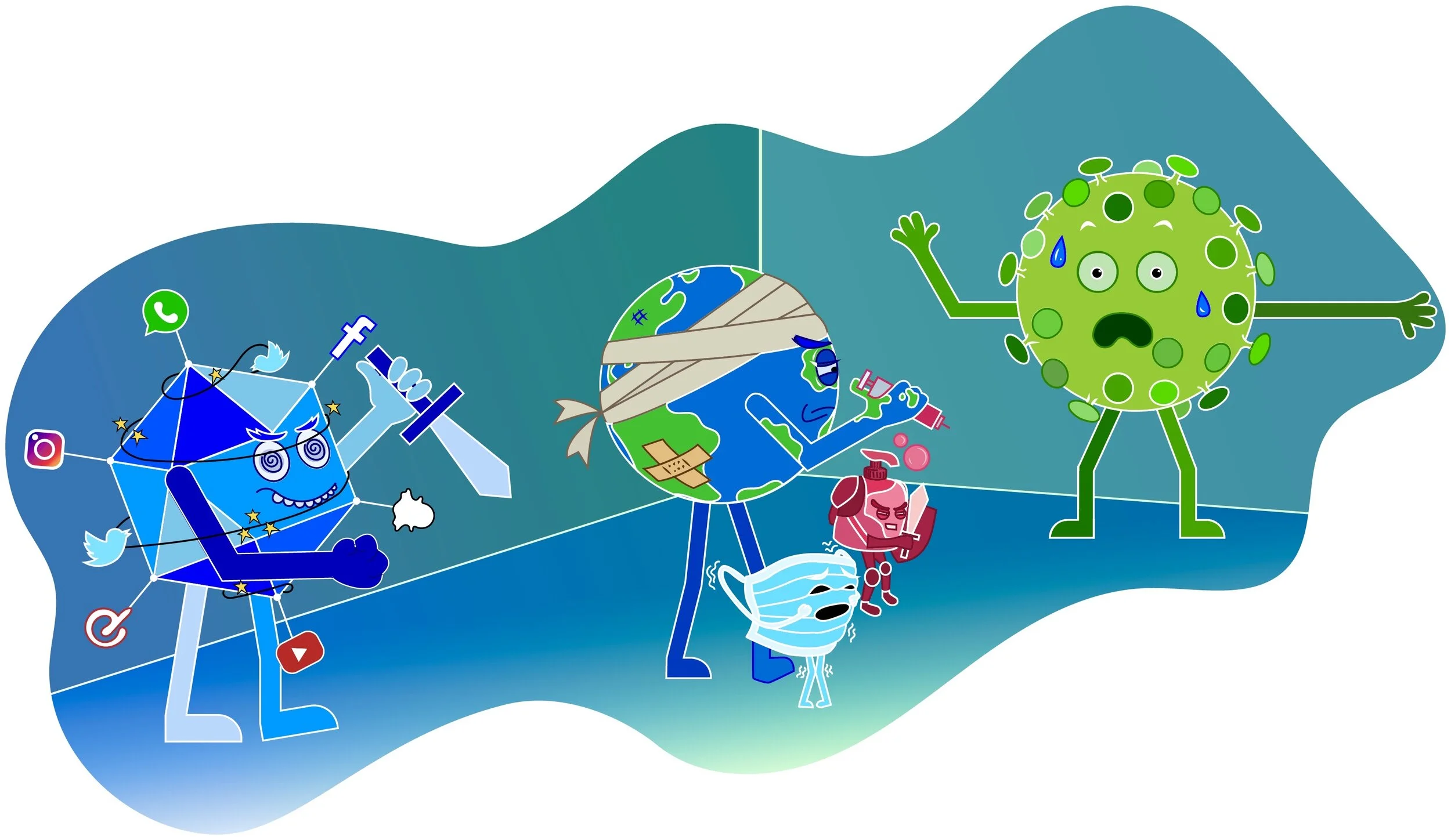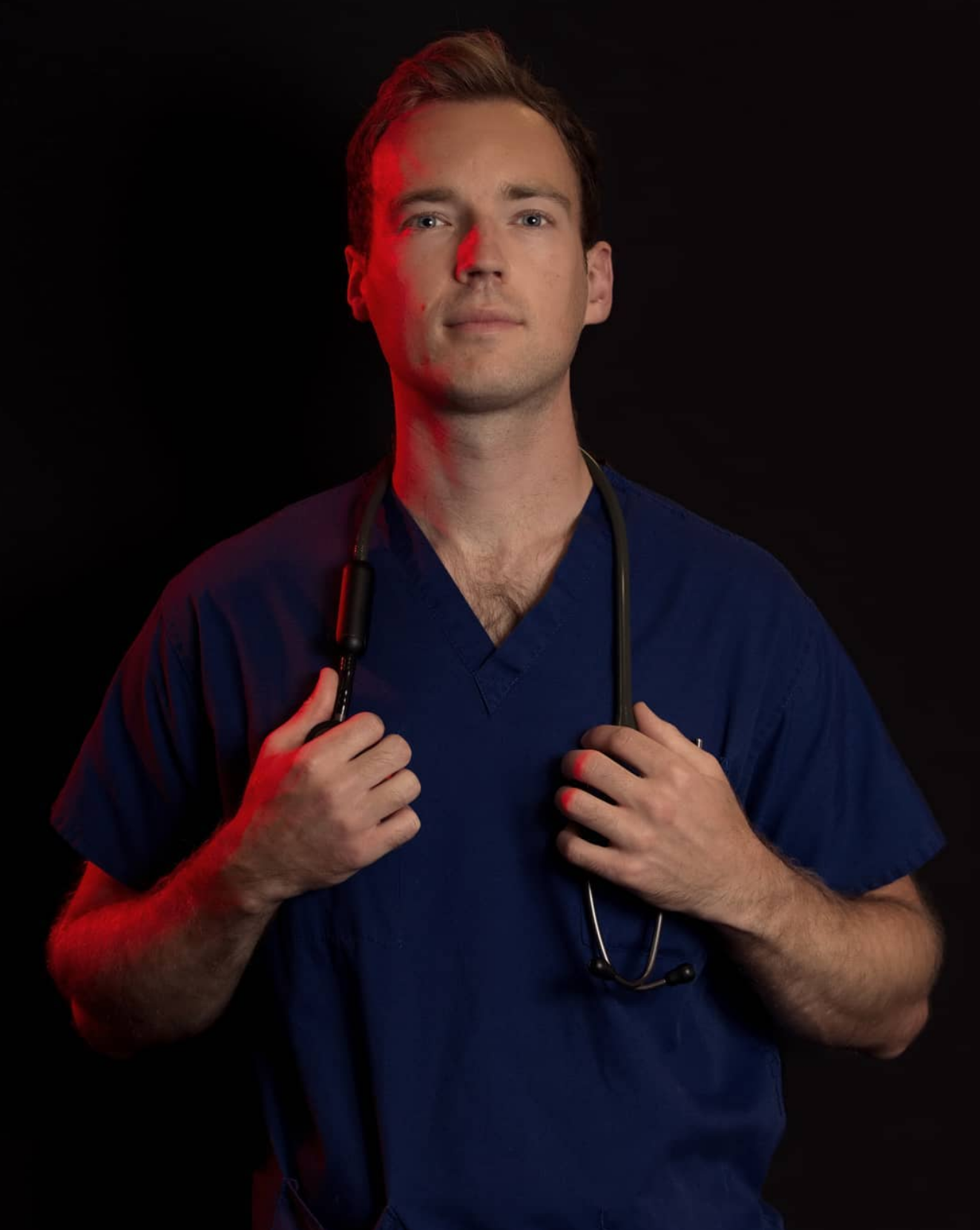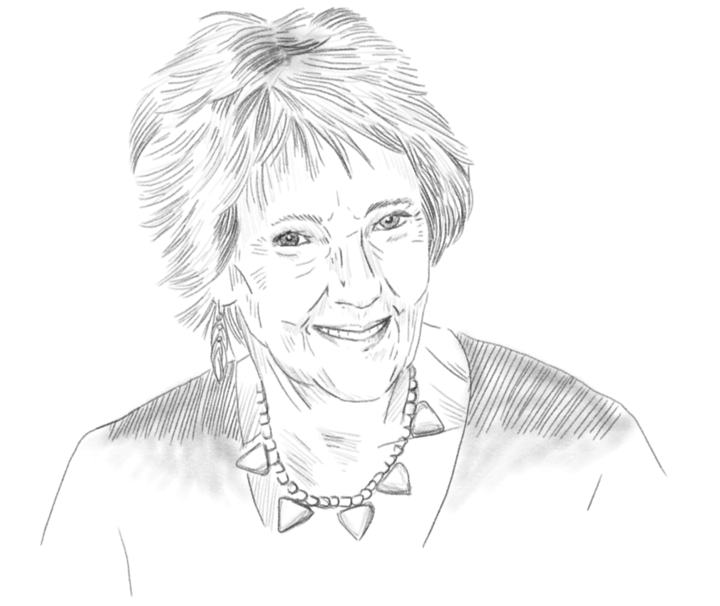How many people does it take to try and save a life? Clichéd openings aside, it’s a question that has given me much pause for thought when I look back and (shudder) reflect on my experiences of the last year or so.
All tagged COVID19
In Conversation with Professor Chloe Orkin
Prof. Chloe Orkin is a Consultant Physician at the Barts Health NHS Trust, running HIV clinics and a HIV/HCV research unit…
The Importance of Trying New Things
The coronavirus pandemic has undeniably changed the way we live our lives. There are so many things that we would normally do and love to do, and yet by law and necessity, we cannot do. The result is that we have had to adapt the way we live according to the circumstances.
Being 8 in a Pandemic
In this article we hear the unique perspective of COVID from Tom, who was 8 when the COVID-19 pandemic began. He takes us through his life through this turbulent time, what he’s enjoyed and what he’s missed!
Conquering the Pandemic
Out of shape and out of mind. Constantly tired, hungry, and lacking motivation. A statement that resonates with many of us.
Vaccine Inequality
As of the 18th of February 2021, more than 16 million people have received their first coronavirus vaccination in the UK. The UK has also ordered 407 million doses of 7 different vaccines, making them one of the countries who ordered the most vaccine doses relative to their populations.
The Tip of the Iceberg?
COVID-19 has taken a toll on all members of the population across the globe. The SARS COV-2 virus has been identified as a respiratory virus displaying a myriad of signs and symptoms. For many, an infection may lead to only mild symptoms or go entirely unnoticed. However, a significant proportion of infected individuals experience severe and debilitating consequences.
BL Sport in Lockdown
With fixtures and in-person training cancelled, many of our sports clubs have not only been training and hosting socials virtually, but also doing some great charity work and raising awareness of a variety of causes. I spoke to Netball, Men’s Football and Boat Club to see what they’ve been up to over the past few months.
Lunch Lockdown
Due to poverty, many families are not able to afford lunch for their children; leading to concerns about students being malnourished and too hungry to concentrate at school. Access to free school meals has helped to tackle health inequalities, and to improve health issues such as obesity due to their healthy ingredients. Additionally, there has been a large improvement in the academic achievement for pupils living in poverty.
Right-Wing Coronavirus Survivors
The coronavirus response from the ‘could do better’ countries is oddly familiar to me. It is reminiscent of an essay deadline: pretending it is okay does not make it go away. The pressure simply escalates until you have to justify your inaction over the past few months and desperately try to salvage the situation. Despite England entering its second national lockdown, joining several European countries, some are not keen to enter lockdown.
The Great Escape
In March of this year, I had to embark on this “daring task” too but not for any of the reasons mentioned above but rather in order to escape from months of being stuck in a foreign city with minimal to no support, in case a full lockdown was announced (which it later was!). I was definitely not the only one, several international students were in the exact same position, some being repatriated on government planes back to their homeland while others rushed to find tickets before borders closed.
The COVID-19 Infodemic
A pandemic. Mass technology. A recipe for disaster. 5G radiation caused the Covid-19 pandemic. Hydroxychloroquine is the cure for Covid-19. The virus was genetically engineered in a lab in China. Drinking cow urine can cure Covid-19. Bill Gates wants to use a vaccination program to implant digital microchips that will track and control people. Taking six deep breaths and then coughing while covering one’s mouth will cure Covid-19. Consuming garlic, onions and turmeric prevents the virus. Covid-19 doesn’t actually exist.
A Pandemic within a Pandemic
Lockdown was a controversial measure, then and now, hotly debated with some countries like Sweden outright rejecting the idea. However, it worked to a degree for us; cases of COVID went down and the death toll slowly but surely receded, before measures were reversed. However there is a disease which thrived during our brief stint with lockdown: violence.
A 'Barts and The London Level' Response
It is only fitting then, that the benches in the Square of St Bartholomew's played host to another conversation
Diary of an FiY1
If you stand by the fountain at St Bartholomew’s Hospital and look upon the hospital, you look upon a site that has lived through the black death, Spanish influenza and two World Wars. Now that list includes COVID-19, the inescapable phrase on everyone’s lips as the UK works through the greatest health crisis of our lifetime.
Bereft
The beginning of summer, I am working with the bereavement team at The Royal London Hospital packing boxes with the possessions of deceased patients, I am working with my friends and living by myself in London. The end of summer, I am back at my family home, the leaves turn from green to yellow and we receive a call at 2 am to notify my family of my grandmother’s death.
In Conversation with Professor Charles Knight, CEO of St Bartholomew's Hospital & Nightingale Hospital London
Professor Charles Knight OBE is the CEO of St Bartholomews Hospital, and was seconded to be the CEO of the Nightingale Hospital London at the ExCeL as the first wave of the COVID-19 pandemic reached its crescendo. We spoke to him about his experience during this turbulent time, and about what we, as a health system, could learn from these last few months.
Tracking Down the COVID App
At the height of lockdown way back in April, we were promised a contact tracing smartphone app that would help us fight against coronavirus and emerge from lockdown safely. Now 5 months (and a growing second wave) later, we’re at last being delivered an app.
From RAG to Pitches: What Our Clubs Have Been Up To Over Lockdown
From weekly training sessions, matches and socials to running virtual training sessions and hosting zoom quizzes, a lot has changed for our sports clubs due to COVID-19. I caught up with some of the BL Sports Clubs to see what they’ve been up to since March.
Protect the NHS - but what about its staff?
The irony in the government’s rhetoric is glaring; today’s “heroes” were yesterday’s villains as the “battle against the junior doctors”, which former health secretary Jeremy Hunt frequently boasted about in the 2019 Tory leadership hustings, becomes the “battle against the invisible enemy”. The army which Mr. Hunt proudly defeated now fights on the government’s behalf.




















